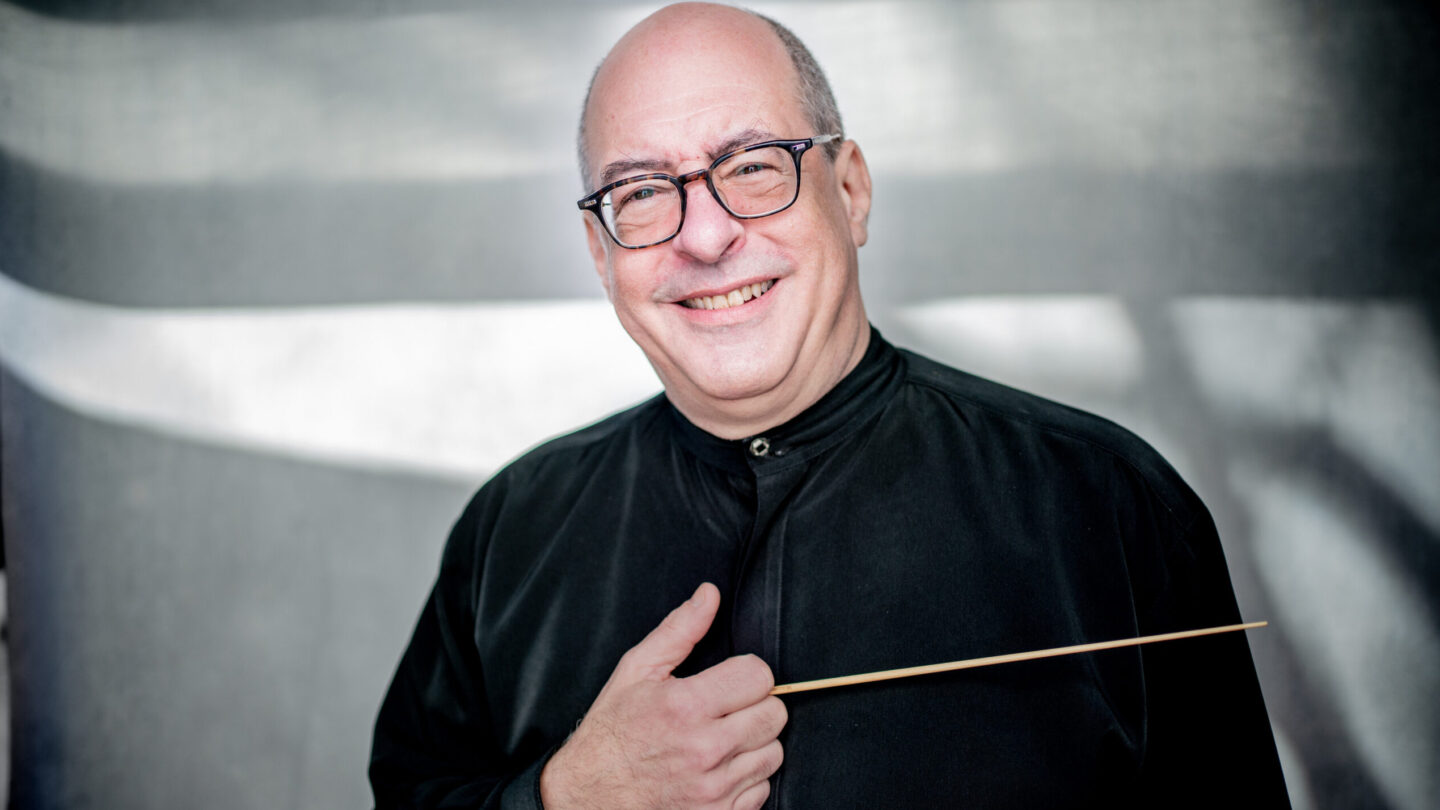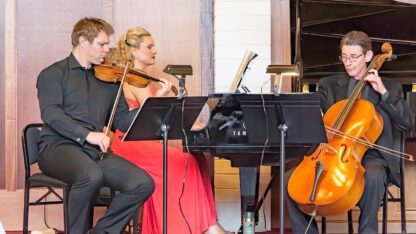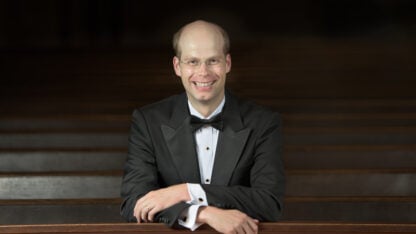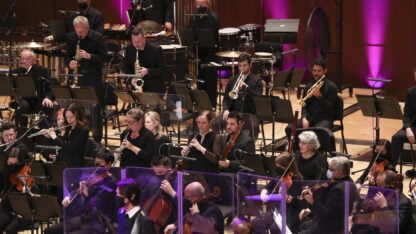The composer Gustav Mahler once said, “A symphony must be like the world. It must contain everything.”
Conductor Robert Spano has brought us the world throughout his 20 years as music director of the Atlanta Symphony Orchestra. He will conduct Mahler’s “Symphony No. 3” on three nights over the weekend of June 9-12, and he joined “City Lights” host Lois Reitzes via Zoom to talk about his special feeling of connection to this work by Mahler.
Interview highlights follow below.
The perfect music to close a major chapter:
“It’s four years ago now that I announced my departure. COVID added another year to my tenure here with a different title as a co-artistic advisor, but I immediately knew at the end of what I had thought would be three years, I wanted to say ‘auf Wiedersehen’ with Mahler’s ‘Third Symphony,’ and it was just an intuitive leap on my part,” said Spano. “It just popped into my head, ‘We have to do Mahler three.’ I don’t think I fully understood why.”
He went on, “Now, the closer we get to doing [my last] performances [with ASO], I realize what a perfect vehicle the symphony is for me to express my gratitude and my joy and my flood of memories of all the beauty we’ve been able to create here. The symphony is a real celebration of life. The first movement is, by turns, abysmal chaos, and inchoate nature, and then the springing forth of life, and the Dionysian precessions in praise of Pan and creation.”
The enigmatic Mahler, spurring a range of reactions:
“I know that many critics and musicologists and listeners have responded to the symphony that it’s sprawling and incoherent,” Spano said. “My experience of it is quite the opposite — that its grandeur is held together by countless musical features of coherence. Materials from one movement appear in another and are transformed or directly quoted, so there’s a great deal of dialogue of these movements with each other.”
“I remember as a kid, the Mahler’s Third was the first Mahler I really latched onto from recordings. Everyone was talking about Mahler, I remember, in the ’70s. I knew there was something there I wanted to connect with, and I would listen to Mahler and feel mystified and lost when I listened to the Third over and over and over again. And at some point, it just clicked in, and I felt that I had finally penetrated the veil and really connected to that music.”
Why the work of contemporary and new composers is so important to Spano:
“I think that it’s so interesting that we talk about ‘masterpieces,’ and we talk about, well, even the word ‘pieces,’ and that we have a canon, and that we have a core repertoire. And that is, on one hand, true, but on the other hand, none of that music is alive unless we re-engage it,” Spano said. “It is a fresh experience every time we perform a Beethoven’s ‘Fifth Symphony’ or a Brahms’ ‘First Symphony.’ That music is vital and alive, and so our tradition is really one that depends on our continual creative engagement. And I think that working with living composers fuels and feeds and informs our relationship to the music of the past in wonderful ways.”
The Atlanta Symphony Orchestra’s season finale performances of Mahler’s “Symphony No. 3” will be June 9-12. Tickets and more information are available at www.aso.org/events/detail/season-finale-mahlers-third-symphony.









